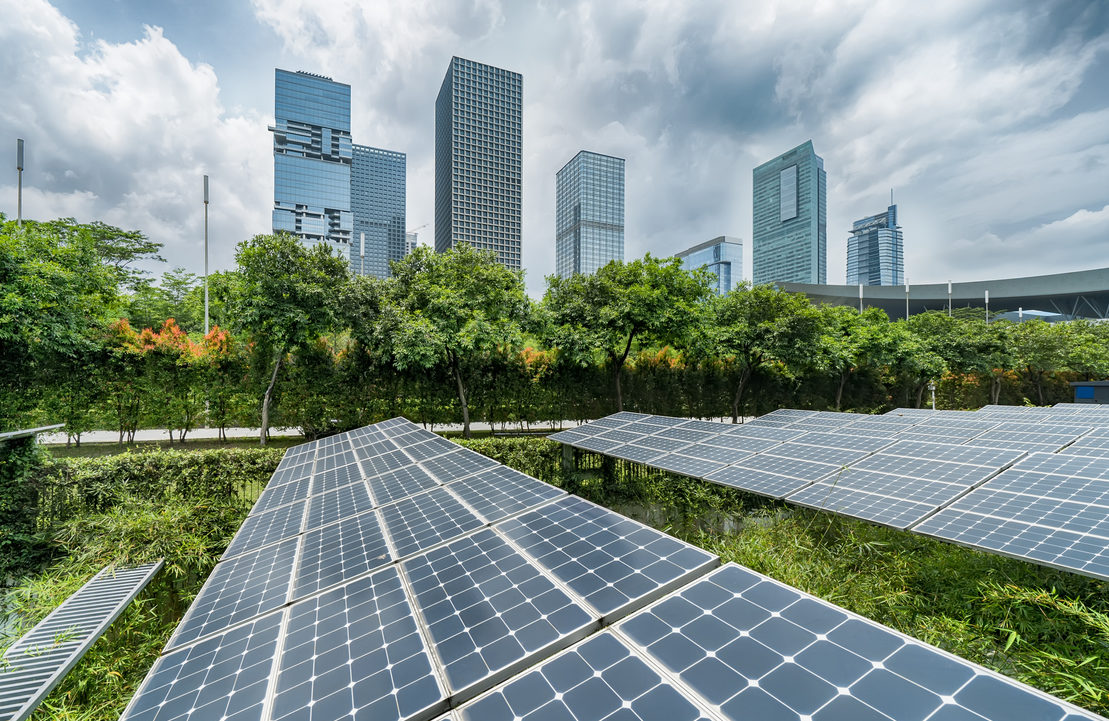Dr. Piyush Verma who is a Senior Energy Market Analyst at IERC and also works as Global Future Energy Leader with the World Energy Council, London says: “Individuals and communities have the greatest ability to make the low carbon energy transition faster and smoother.” He mentions “in spite of several successful examples, the growth in terms of public engagement in Ireland has been slow as compared to some other European countries”. He is talking about a PEN (Public Engagement Network) concept to develop a strong collaboration between all the local stakeholders to achieve the Ireland’s low carbon energy transition goals in his recent article published at RTE Brainstorm.
Read the full article here:
Related Articles
Postdoctoral Building Researcher – Streamlined Energy Retrofit Processes in Buildings
Monday 15th September 2025
Applications are now open for a Postdoctoral Building Researcher - Streamlined Energy Retrofit Processes in Buildings. Apply now!
Cork Launch of TIPS4PED project with Local Focus Group Workshop
Friday 13th December 2024
In October, the Cork launch of the TIPS4PED project was held at the Tyndall National Institute. The Horizon Europe research project, which aims to advance Positive Energy Districts (PEDs) through innovative digital solutions, seeks to transform urban environments into sustainable energy hubs.
IERC project Audit Plus offers a free of charge energy efficiency consulting service for energy intensive industries
Friday 9th August 2024
Audit Plus has opened a call for energy-intensive industries in which it offers a free of charge comprehensive consulting service that will guide selected companies in the identification and implementation of energy efficiency measures.


